
Author Mads Timmermann
Mads has 14+ years of experience as a skin expert and has written/read this article.
Acne is a common skin condition that affects millions of individuals around the world. While there are various treatment options available, antibiotics such as doxycycline have proven to be effective in managing moderate to severe cases. Doxycycline, a tetracycline-class antibiotic, works by reducing inflammation and killing acne-causing bacteria.
When it comes to understanding the effectiveness of doxycycline for acne, it is essential to be aware of the treatment timeline. Typically, doxycycline begins showing noticeable results within a few weeks of consistent use, but full effects may take up to 8-12 weeks. Various factors, such as the severity of the acne and the individual's overall health, can influence the treatment time.
Key Takeaways
- Doxycycline is an effective antibiotic for treating moderate to severe acne
- Noticeable results may be seen within a few weeks, but full effects can take up to 8-12 weeks
- The treatment timeline is influenced by factors such as acne severity and individual health
Understanding Doxycycline for Acne
Mechanism of Action
Doxycycline is a tetracycline-class antibiotic, which has been used for treating acne for several decades. The primary mechanism of action for doxycycline in acne treatment is its anti-inflammatory effect. It helps in reducing the redness, swelling, and discomfort associated with acne lesions. Moreover, doxycycline has also been found to inhibit the growth of bacteria which contribute to acne development, specifically Propionibacterium acnes.
In addition to these effects, doxycycline can also:
- Reduce the production of certain inflammatory substances in the skin
- Reduce the amount of free fatty acids on the skin surface
- Inhibit the activation of various immune system cells responsible for inflammation
Dosage and Administration
The dosage of doxycycline for acne treatment can vary depending on the individual case, ranging from 50 mg to 200 mg per day. Generally, doxycycline is prescribed in two forms:
- Doxycycline hyclate: This water-soluble form of doxycycline might be more effective in reducing inflammation. The standard dosing range is usually between 50 mg and 200 mg daily.
- Doxycycline monohydrate: This is a less water-soluble form of doxycycline, but it offers similar benefits to the hyclate version. The dosing range for this form remains consistent with doxycycline hyclate.
When using doxycycline for acne, it is essential to follow the prescribed guidelines by your healthcare provider. It is better to take it with a glass of water and without food to avoid stomach irritation. The duration of treatment could be several months, depending on the severity of the acne and individual response.
During the course of treatment, it's important that we maintain regular follow-up appointments with our healthcare provider and report any side effects or concerns. Additionally, incorporating a proper skincare routine, using non-comedogenic products, and maintaining a healthy lifestyle will support the effectiveness of doxycycline for acne treatment.
Treatment Timeline
Initial Response
In most cases, we notice an initial response to doxycycline treatment within the first few days to a week. However, it is important to remember that acne severity varies among individuals and may influence the response time. The Effects of subantimicrobial-dose doxycycline in the treatment of moderate acne study supports this notion, as results may vary.
To enhance the effectiveness of doxycycline, it is crucial to follow the prescribed dosage and maintain a consistent daily schedule. We also recommend incorporating other skincare practices, such as:
- Using a gentle cleanser
- Applying a non comedogenic moisturizer
- Refraining from picking or squeezing pimples
- Limiting sun exposure and applying sunscreen
Average Duration of Treatment
The average duration of doxycycline treatment for acne typically ranges from 6 to 12 weeks. Depending on the severity and response of the acne, the treatment duration may differ. In a study comparing oral doxycycline and azithromycin in patients with moderate acne vulgaris, it was observed that dosage and duration may vary.
During the treatment period, it is essential to monitor the progress and communicate with a healthcare professional, as they may adjust the dosage or duration based on individual needs. In some cases, longer treatment periods or alternative medications may be recommended for those who are not responding to doxycycline as expected.
Moreover, we advise patients to maintain a healthy lifestyle and skincare routine throughout the treatment process to achieve optimal results.
Factors Affecting Treatment Time
Severity of Acne
The duration it takes for doxycycline to work on acne depends on various factors. Among these factors, the severity of acne plays a significant role. Milder cases of acne may respond faster to doxycycline treatment, whereas more severe cases might take longer to show improvement. It is important to have a dermatologist assess your skin condition to determine the severity of your acne and, subsequently, the appropriate treatment time.
Lifestyle and Diet
Another factor that affects the treatment time of doxycycline for acne is the patient's lifestyle and diet. A healthy lifestyle, including a well-balanced diet, adequate hydration, and sufficient rest, may contribute to faster healing. Foods rich in antioxidants and essential nutrients can help improve overall skin health. On the other hand, excessive consumption of processed foods, sugar, and dairy might exacerbate acne, prolonging the treatment period. Incorporating a suitable skincare regimen tailored specifically for your needs also complement doxycycline treatment by managing acne more effectively.
Adherence to Treatment
Adherence to treatment is crucial for the effectiveness of doxycycline in treating acne. Patients must take their prescribed dosage consistently and follow their dermatologist's instructions. Skipping doses or altering the treatment regimen may result in an extended treatment period, and possibly even reduced efficacy. Ensuring strict adherence to the treatment can help achieve desired results in a shorter time frame.
In summary, factors such as the severity of acne, lifestyle, and diet, and adherence to treatment can significantly impact how long doxycycline takes to work on acne. By addressing these factors and working closely with a dermatologist, patients can improve their chances of experiencing a quicker and more effective response to treatment.
Common Considerations and FAQs
Side Effects and Management
Doxycycline, like other antibiotics, can cause some side effects. Some common side effects include nausea, vomiting, diarrhea, and sensitivity to sunlight. To reduce the likelihood of these side effects, we recommend:
- Taking doxycycline with a full glass of water and food
- Avoiding exposure to direct sunlight or using sunscreen when outdoors
In addition to these common side effects, there are some rarer side effects that may require immediate medical attention. These include:
- Severe headaches or dizziness
- Difficulty breathing or swallowing
- Hives or rash
If you experience any of these severe side effects, contact a healthcare professional immediately.
Interactions with Other Medications
Doxycycline may interact with other medications, so it's important to inform your doctor about all the medications you are currently taking. Some notable interactions include:
- Antacids and iron supplements: These medications can reduce the effectiveness of doxycycline. It's best to take doxycycline 2-3 hours before or after taking antacids or iron supplements.
- Birth control pills: Doxycycline may reduce the effectiveness of oral contraceptives. Consider using alternative or backup methods of contraception while on doxycycline.
It is crucial to consult your doctor or pharmacist before starting any new medication while you are on doxycycline.
When to Consult a Doctor
You should consult your doctor if:
- You experience severe side effects or an allergic reaction to doxycycline
- Your acne does not improve or worsens after 8-12 weeks of treatment
- You have concerns about possible medication interactions or side effects
Your doctor will be able to assess your situation and make appropriate adjustments or provide guidance on alternative treatments. Remember, it's important to keep an open line of communication with your healthcare provider to ensure the best results for your acne treatment.

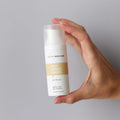
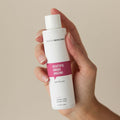
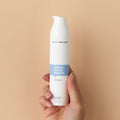
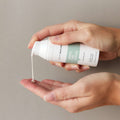




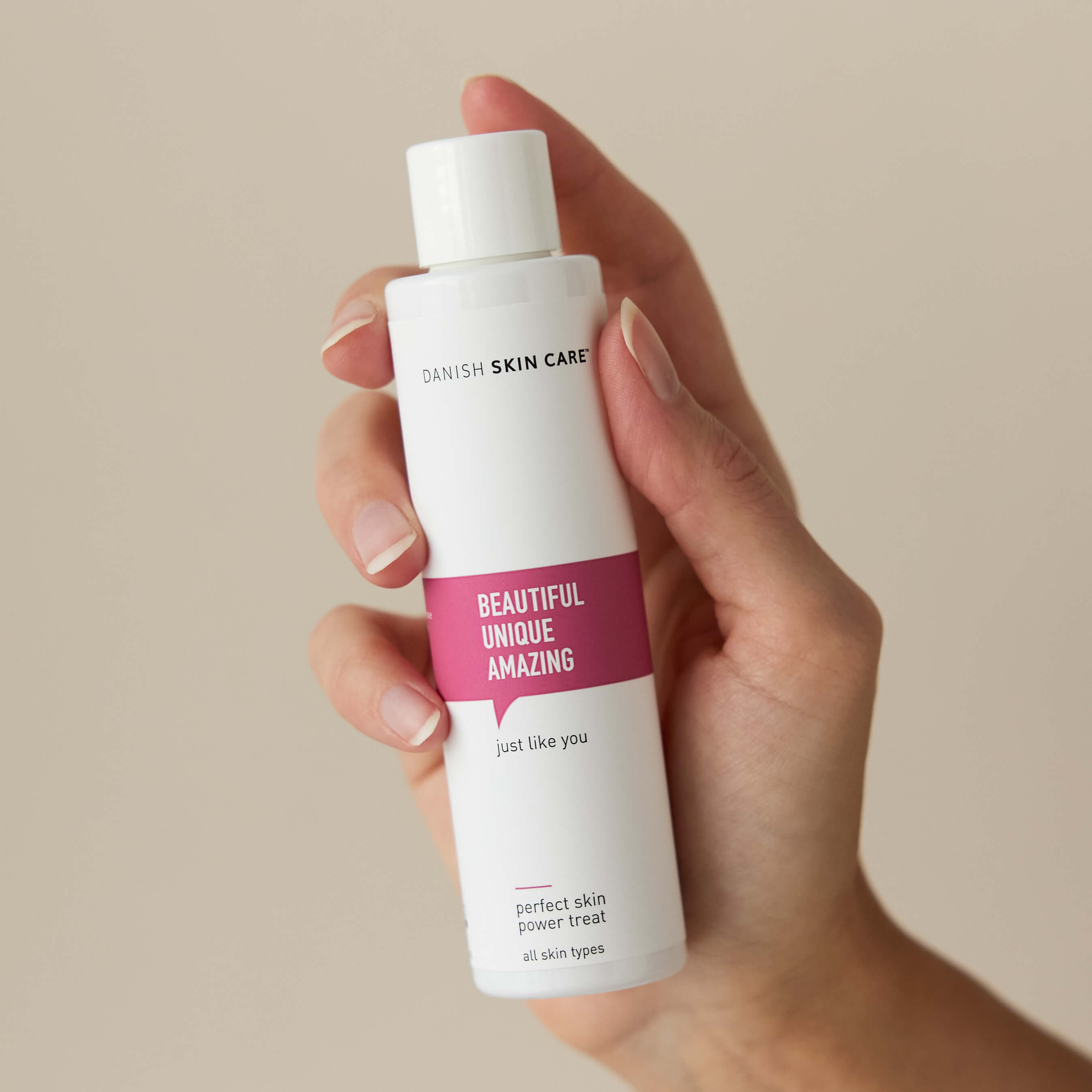


Leave a comment